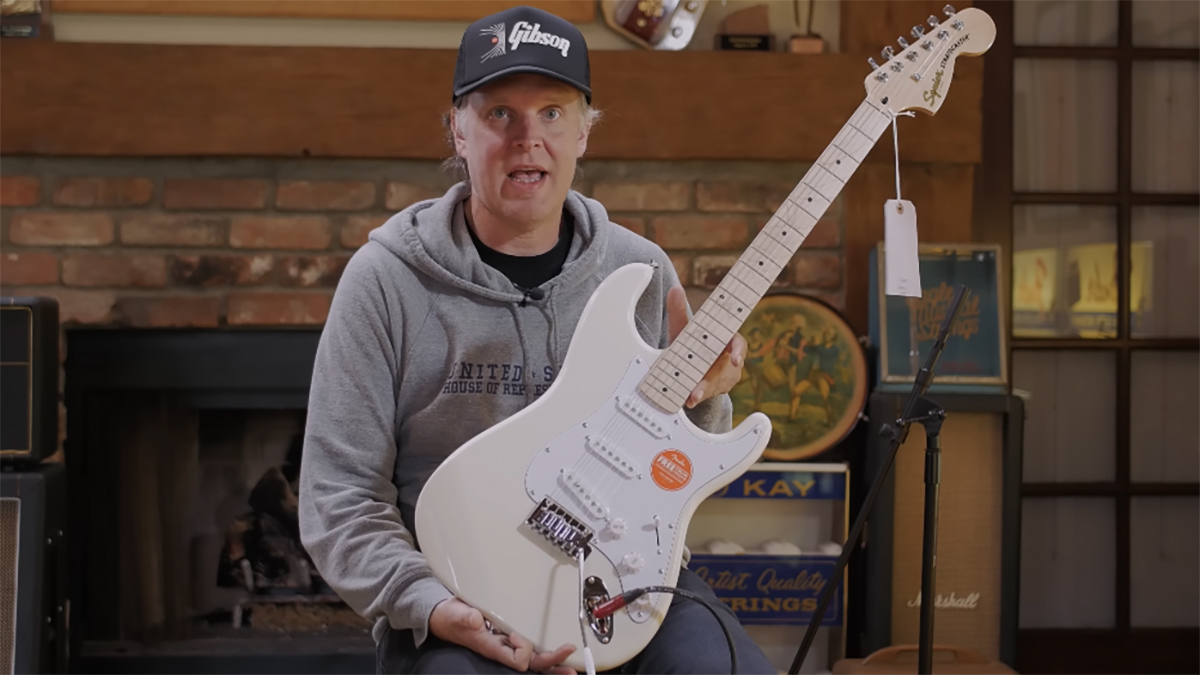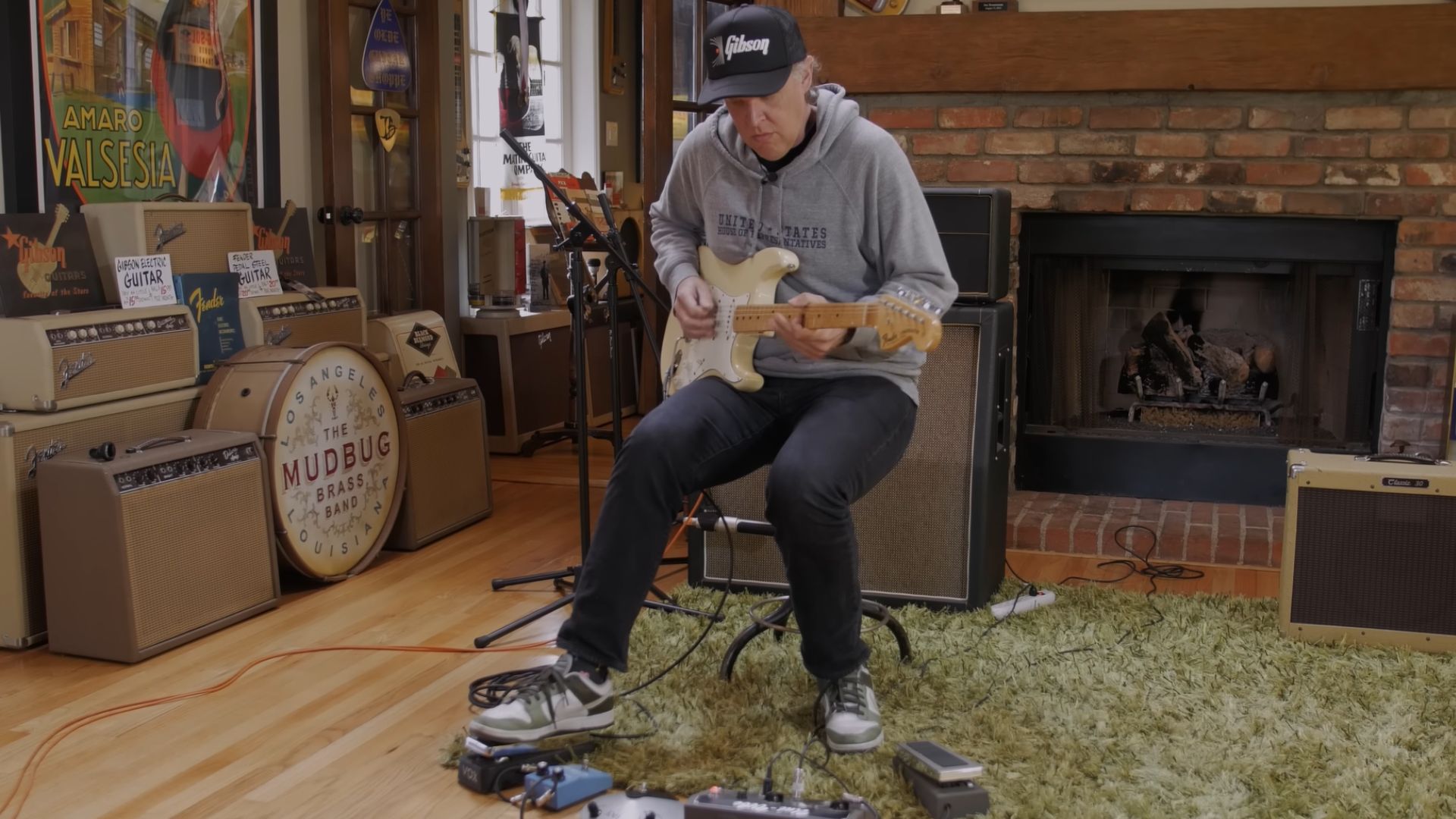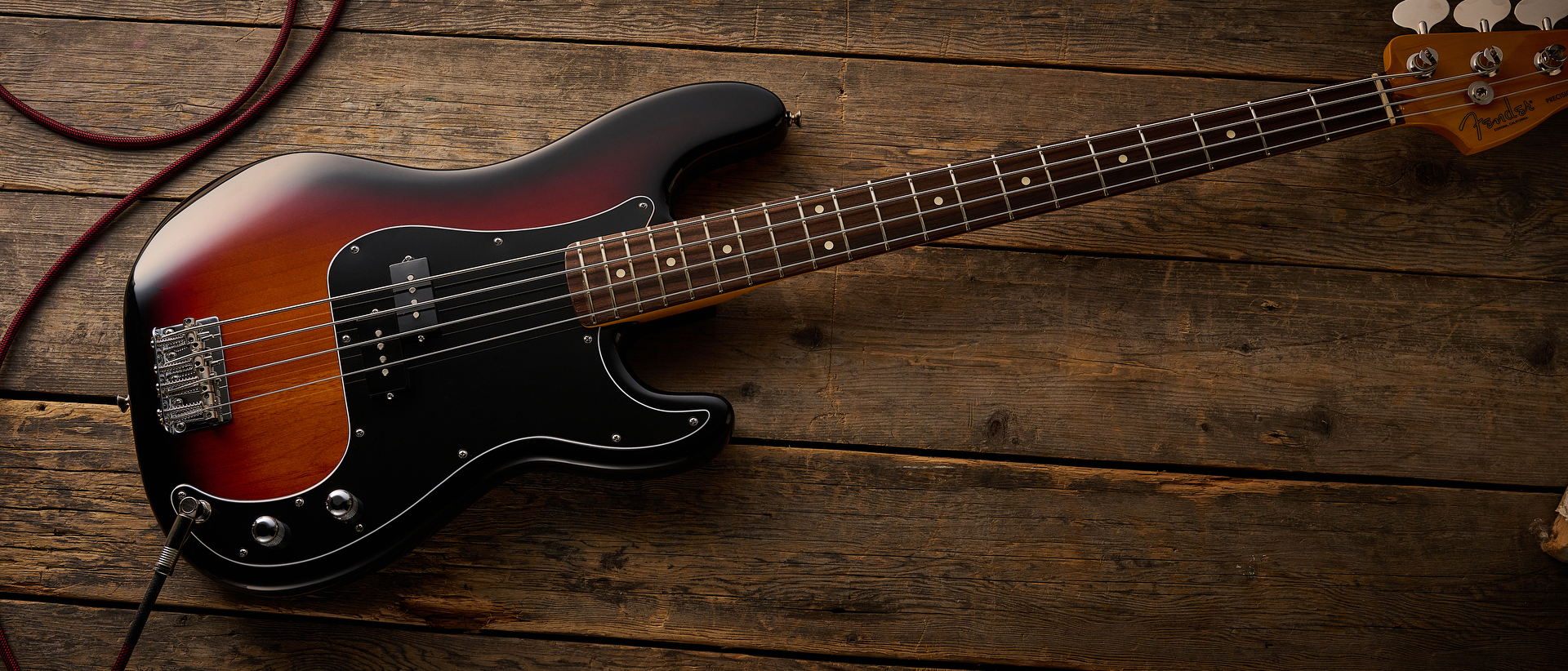“It doesn’t take a million dollars. You take this to any studio or venue, and you’re Band of Gypsys”: Joe Bonamassa attempts to recreate Jimi Hendrix’s iconic live rig on a budget – with a $319 Squier Strat and Peavey Classic
The gear guru is challenged to capture Hendrix’s legendary live tones with two vastly different budgets – and reveals some Hendrix tricks along the way

In an exercise that would have no doubt deafened his neighbors, Joe Bonamassa has seemingly proved that you “don’t need a million dollars” to sound like Jimi Hendrix.
The electric guitar titan recently teamed up with Reverb for an episode of For Real & For Less, which saw the gear guru pit two recreations of Hendrix’s iconic Band of Gypsys live rig against one another. While one sought to be as faithful as possible and could cost up to $60,000, the other weighed in at around the $1,200 mark.
In the five-figure corner was a rig that closely replicated the setup Hendrix would have used for the 1970 Band of Gypsys live album. It was headlined by a vintage 1969 Fender Stratocaster in Olympic White, which Bonamassa calls “the same damn thing” as the instrument the late guitar trailblazer played at Woodstock and numerous other era-defining shows.
That was plugged into a ‘69 Marshall JMP Super Lead amp, whose original owner, according to JoBo, bought it himself after watching Hendrix’s Woodstock ‘69 performance.
“The guy was claiming that Eddie Van Halen stole all of his riffs,” he recalls of the transaction. “It was one of those crazy guitar stories, but I got the amp!”
The pedalboard, meanwhile, comprises a Shin-Ei Univibe, Dallas Arbiter Fuzz Face, Tycobrahe Octavia, and ‘60s Vox wah. The guitarist, who has an orchestra-lavished live album on the way, adds the caveat that “vintage gear has vintage quirks…it gets loud as fuck”.
He did, however, make one key change to the Hendrix setup, saying: “Hendrix would play through the bright input [of the amp]. He would daisy-chain the stacks with curly cables, but I don’t want to be electrocuted, so we’re using modern cables and electrics so I can survive the day.”
All the latest guitar news, interviews, lessons, reviews, deals and more, direct to your inbox!
In the frugal tone-chasing corner, Bonamassa paired a $319 Squier Stratocaster with a $400 Peavey Classic 30 amp.
The rig’s 'board brought together a trio of Dunlop pedals – a JH-1D wah, JH-OC1 Octavio, and JHF1 Fuzz Face – with an MXR M68 Uni-Vibe. Those pedals cost around $509 combined.
“If you needed to get the Hendrix vibe, we’re about 85 percent there with the budget price point,” Bonamassa says after firing up the Squier-powered rig. “That’s versus something that’s very expensive and very loud.
“You take this rig to any studio or venue and put a mic in front of it, and you’re Band of Gypsys,” he continues. “There is no such thing as a bad guitar, amp or pedal – it’s how you drive it.
“I’ve always wanted to do this, by the way. It is proof that it doesn’t take a million dollars, and this is coming from the King Cork Sniffer himself.”

During the shootout, Bonamassa also brought to light some of his top tips for players wanting to get closer to the Hendrix tone with their playing.
“The trick to Hendrix’s tone is, he was never on 10 all the time,” he explains, before proceeding to roll down the volume knob and eschew sweet leads that counterbalanced the guitar’s bite-y single-coil pickups.
“He relied a lot on the neck pickup,” Bonamassa adds, “especially when you’re dealing with the Octavia. They don’t really track. If you pick too hard it’ll just sound like a fuzzbox. He’d roll the volume down and pick lightly, close to the neck. Then it tracks instantly.”
Readers can watch the video and weigh in with their thoughts as to how close he gets to the Hendrix tone. Regardless, it’s a fascinating exercise to see how vintage gear holds up today, as well as discovering what modern gear can deliver at a much more wallet-friendly price.
A freelance writer with a penchant for music that gets weird, Phil is a regular contributor to Prog, Guitar World, and Total Guitar magazines and is especially keen on shining a light on unknown artists. Outside of the journalism realm, you can find him writing angular riffs in progressive metal band, Prognosis, in which he slings an 8-string Strandberg Boden Original, churning that low string through a variety of tunings. He's also a published author and is currently penning his debut novel which chucks fantasy, mythology and humanity into a great big melting pot.

